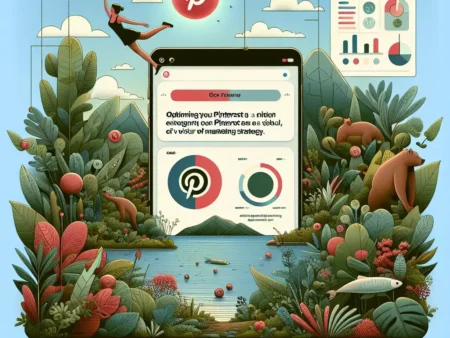Media tradisional beradaptasi dengan era digital, tetapi menghadapi tantangan dalam mempertahankan relevansi dan daya saingnya.
Masa Depan Media Tradisional di Era Digital
-
Table of Contents
The Changing Landscape of Traditional Media in the Digital Era

Introduction
Traditional media has long been a cornerstone of Indonesian society, providing news, entertainment, and information to the masses. However, with the advent of the digital era, the media landscape has undergone a significant transformation. This article explores the future of traditional media in Indonesia and how it is adapting to the challenges and opportunities presented by the digital age.
The Rise of Digital Media
Digital media has revolutionized the way people consume information and interact with the world. With the widespread availability of smartphones and internet access, Indonesians now have access to a vast array of digital platforms, including social media, online news portals, and streaming services. This shift in consumer behavior has had a profound impact on traditional media outlets.
The Decline of Print Media
One of the most significant challenges faced by traditional media in the digital era is the decline of print media. Newspapers and magazines have seen a steady decline in readership as more people turn to online sources for news and information. This decline has forced traditional media outlets to rethink their business models and find new ways to engage with their audience.
The Rise of Online News Portals
As print media declines, online news portals have emerged as a popular alternative for Indonesians seeking news and information. These portals offer real-time updates, multimedia content, and interactive features that traditional newspapers cannot match. Online news portals also have the advantage of being accessible from anywhere with an internet connection, making them more convenient for readers.
The Role of Social Media
Social media platforms have become a powerful force in shaping public opinion and influencing the media landscape. Indonesians are among the most active social media users in the world, with platforms like Facebook, Twitter, and Instagram playing a significant role in disseminating news and information. Traditional media outlets have recognized the importance of social media and have started to leverage these platforms to reach a wider audience.
The Challenges of Monetization
While digital media offers new opportunities for traditional media outlets, monetization remains a significant challenge. Online advertising revenue is often insufficient to sustain the operations of traditional media outlets, leading to layoffs and budget cuts. Finding innovative ways to generate revenue, such as paywalls, sponsored content, and partnerships, is crucial for the survival of traditional media in the digital era.
The Importance of Trust and Credibility
In an era of fake news and misinformation, trust and credibility have become paramount for traditional media outlets. Building and maintaining trust with the audience is essential to ensure the survival of traditional media in the digital age. Fact-checking, transparent reporting, and ethical journalism are crucial in establishing credibility and differentiating traditional media from unreliable sources.
The Future of Traditional Media
Despite the challenges posed by the digital era, traditional media still has a role to play in Indonesian society. While print media may continue to decline, traditional media outlets can adapt and thrive by embracing digital technologies. By leveraging the power of digital platforms, traditional media can reach a wider audience, engage with readers in new ways, and provide unique content that sets them apart from online competitors.
Summary
The future of traditional media in Indonesia is undoubtedly being shaped by the digital era. The rise of digital media, the decline of print media, and the influence of social media are all factors that traditional media outlets must navigate. However, by embracing digital technologies, focusing on trust and credibility, and finding innovative ways to monetize their content, traditional media can adapt and thrive in the digital age. While the landscape may continue to evolve, traditional media still has a vital role to play in providing reliable news, entertainment, and information to the Indonesian public.







